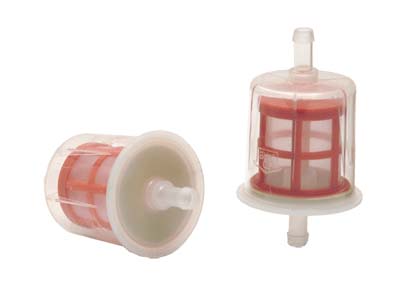Dear everyone,
We want to travel to Canada, Alaska and USA onwards to South America in 2015. We will travel with our 1996 80 Series Diesel. Having read from a few other travelers (mostly though with the 1 HZ engine) the got problems with their injection and fuel pump. They claim it was the poorer specification diesel (compared to Europe). That worries me a bit so...:
Every advice is greatly appreciated. Thanks in advance,
Lukas
We want to travel to Canada, Alaska and USA onwards to South America in 2015. We will travel with our 1996 80 Series Diesel. Having read from a few other travelers (mostly though with the 1 HZ engine) the got problems with their injection and fuel pump. They claim it was the poorer specification diesel (compared to Europe). That worries me a bit so...:
- Can anyone confirm this?
- I know, they are rare, but is anyone running a 1HD-FT engine in the States and can give first-hand information?
- Or should I just use an additive?
Every advice is greatly appreciated. Thanks in advance,
Lukas


